Dehumidifiers are exceptional at reducing moisture from the air, especially in high humidity regions. The problem is that the operating costs might be too much for your budget to handle.
Is it worth buying one, and will you fork out loads of cash in the long run? Let’s take a look at dehumidifier running costs during different periods and how you can calculate them.
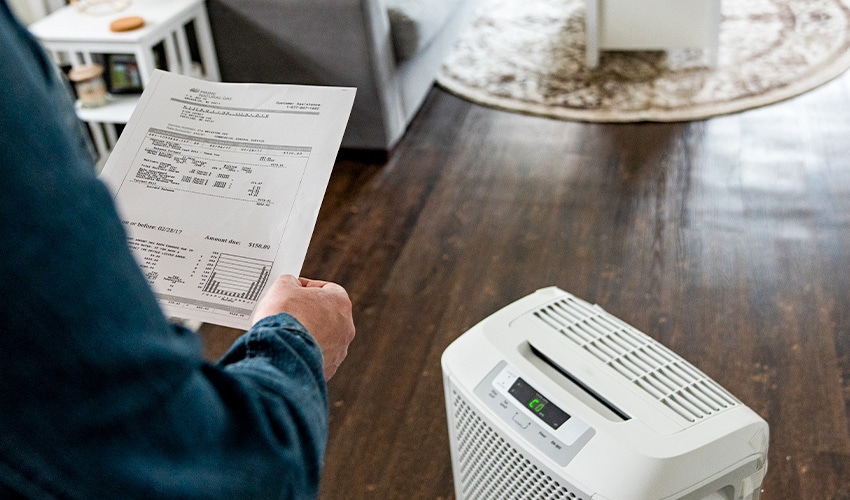
How Much Does it Cost to Run a Dehumidifier?
How much you’ll pay for dehumidifier operating costs depends on several factors. The first is the unit’s size, which relates to the wattage power consumed. In general, it’ll cost you less than $1 to run a 30-pint dehumidifier for about 10 hours straight.
The costs will increase if you buy larger dehumidifiers or you spend more hours running the device. Finally, the amount you pay for electricity is another factor you need to keep in mind. Let’s take a look at a few examples.
How Much Does it Cost to Run a Dehumidifier Per Month?
Let’s say there’s heavy humidity in your apartment, and you’re struggling to breathe. You purchase a 30-pint dehumidifier with a 300 W rating. To make the best of it, you’re going to run it for 10 hours per day and then switch it off for the evening.
If the price of electricity is $0.1 kWh, then you’re looking at $0.03 per hour. For 10 hours a day, it amounts to $8.40 per month if you run it from Monday until Sunday. If you decided to operate it for six hours a day, you’d be paying $5.04 per month.
How Much Does it Cost to Run a Dehumidifier Per Day?
The same rules apply for estimating the costs per day. Let’s take a different example of a larger unit. You decide to buy a 50-pint dehumidifier that uses 500 W, taking into account an electrical cost of $0.1319 this time.
In essence, you’ll be paying $0.07 per hour for this dehumidifier. You can see how the rate increases for a larger size. If you decide to run this for 10 hours, like the example above, you’ll pay $0.70 per day. Reduce it to six hours, and you’re looking at $0.42.
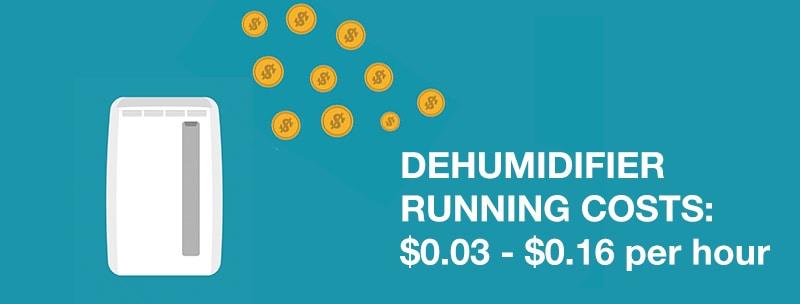
How Much Does it Cost to Run a Dehumidifier 24 Hours a Day?
Running a dehumidifier all day will lead to extreme costs, but it’s needed where there’s excessive humidity in the air or moisture in the basement. You’ll most likely purchase a 70-pint dehumidifier at 700 W, but let’s change the electrical costs to $0.2 kWh.
Your hourly rate will be $0.14, which is much more than the smaller units defined above. If you run the 30- and 50-pint units all day long, you’d be paying $0.72 and $1.68, respectively. For the 70-pint dehumidifier in this example, it amounts to $3.36 daily. The monthly cost would be about $94.08.
What is the Purpose of a Dehumidifier?
Since we’re evaluating the costs, we might as well look at why you’d need a dehumidifier. Here’s a quick overview of a few aspects.
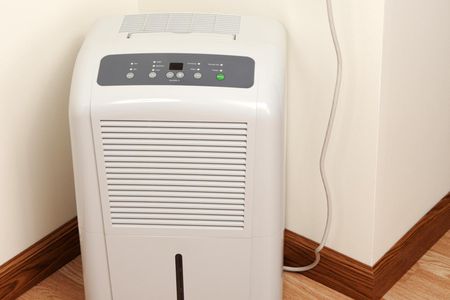
Reduces Humidity
Firstly, reducing the moisture content in the air is the ultimate goal. The best humidity range is between 35% and 50%. If you measure any amount above 60%, it can lead to dampness, illness, and other conditions in your home that aren’t pleasant.
Provides Comfort
High humidity levels make it challenging to breathe. You might also find condensation in your home if it’s cold outside, but the humidity is high inside. It leads to discomfort, making you sweaty and irritable instead of relaxed.
Eliminates Mold
One nasty aspect of damp rooms is the growth of mold and mildew, especially in the basement. Moisture also invites unwanted bacteria, which can lead to health issues. If you detect signs of mold, a dehumidifier can remove the excess moisture that nurtures them and kill them in the process.
Prevents Further Water Damage
If you’ve had a water leak that caused damage to your ceiling, floor, or wall, drying up all the moisture can be challenging. Fortunately, a dehumidifier draws in the water through the air, creating a dry environment and preventing further problems.
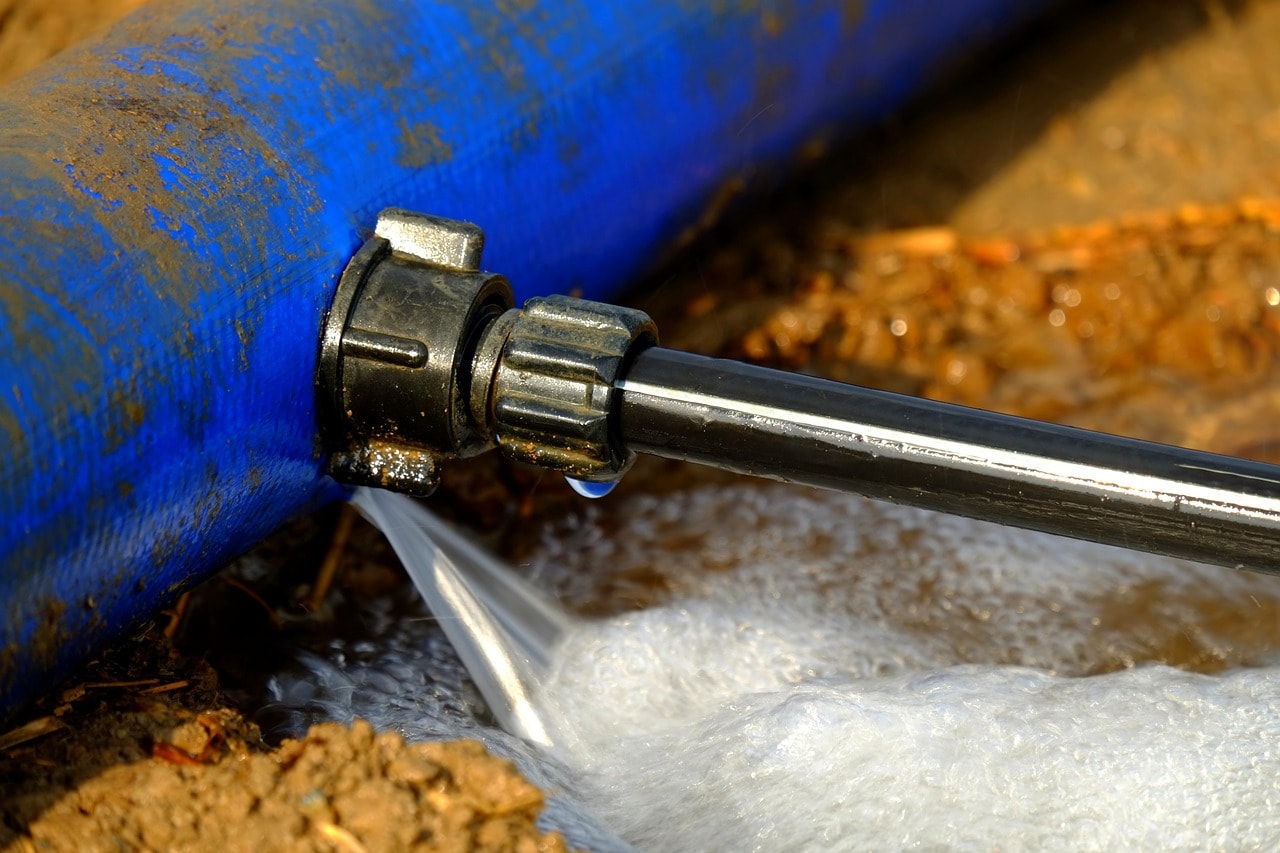
How Can I Calculate the Cost of Running My Dehumidifier?
There are several factors you need to take into account if you want to calculate the energy cost of running your dehumidifier. These are the values that you’ll need:
- The dehumidifier’s energy usage in kW per hour
- Your electrical cost per hour in cents per kW
- How many hours you run the machine per day on average
- How many days you operate it per week
Let’s use another example as before. If you have a 50-pint dehumidifier, it usually consumes about 500 W/h. This amount translates into 0.5 kW/h.

If your electrical costs are $0.1 kWh, you’ll effectively pay $0.05 per hour. From here, it’s a simple calculation of multiplying the daily hours for the daily costs and then multiplying it by the average number of days you run it per month. So, if you operate it for seven hours per day over 25 days, the calculations will look like this:
- Daily costs: $0.05 x 7 = $0.35
- Monthly costs: $0.35 x 25 = $8.75
Dehumidifier Cost Calculator
If you’d like to calculate the exact costs of running your dehumidifier, here’s a calculator to assist you.
Tips and Tricks for Reducing Dehumidifier Costs
While these dehumidifier costs may look low, there are some tricks you can use to reduce it even more. Let’s take a brief look at a few tips.
Selecting the Correct Size
You must look at the dehumidifier’s capacity in pints per day (PPD). This measurement refers to how much moisture it can remove daily. If you buy a unit that’s too small for your room or home, it’ll have to work harder and longer, costing you more.
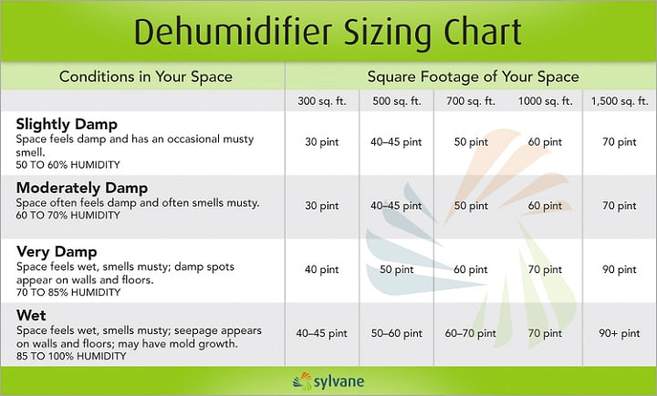
Use Natural Air Circulation
One of the main causes of high humidity is that the moisture has nowhere to go. You can help your dehumidifier out by placing fans around the room or opening windows. The air circulation will help drive the humidity to the machine, making the job easier for the intake.
Obtain Moisture Absorbers
Desiccants are excellent at removing moisture from the air. You should use them to replace a dehumidifier, but rather to assist in lowering the humidity. You’ll only need to plug it in and use power when it needs to be recharged, saving you running costs if you want to switch off the dehumidifier.
Energy Star Ratings
Manufacturers prefer aiming for high Energy Star ratings, as they know homeowners are trying to save costs as much as possible. These units are energy-efficient and won’t consume as much power.
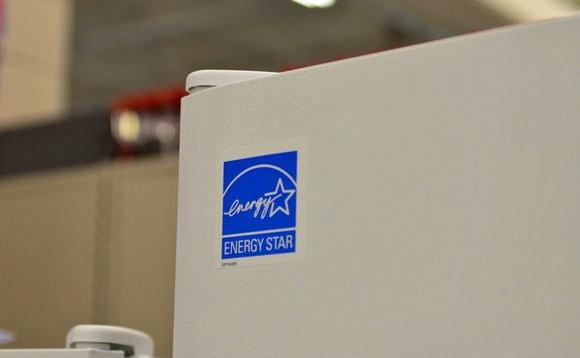
Conclusion
Dehumidifiers are exceptional at reducing humidity levels, but you’ll pay a hefty operating cost if you select the wrong one. Ensure that you choose the right size for your environment and find other items that can assist it without using too much power.
People Also Ask
If we’ve left you with some questions, you can look through our FAQs for the answers. You can also contact us if there’s anything else you’d like to know.
Yes, it’s completely safe. As a matter of fact, we recommend it if you have a basement with massive moisture or humidity levels. If you switch it off at night, the dehumidifier has to work twice as hard in the morning, which may cost you more than just running it through the night.
If you choose the correct size for the situation and compare it to the costs of not buying one, a dehumidifier is worth it. Remember, you’ll have to pay for any structural damage or removing mold at a later stage. You’ll be saving yourself a fortune in the long run.
Yes, it can. There are whole house dehumidifiers that you can install into ducts that go throughout your home. Furthermore, a 70-pint dehumidifier can operate over two floors if there’s enough open space and circulation.
It mostly depends on the dehumidifier size and wattage. For instance, a 30-pint unit uses 300 W, a 50-pint consumes 500 W, and a 70-pint eats 700 W. As a side effect, you’ll pay more for electricity if you buy a larger size.
Yes, it does. Imagine leaving the moisture in your basement or kitchen. The floorboards will go rotten, and you may find fungal growth in your attic that destroys the wood.
Furthermore, you may end up paying hospital bills if it affects your health. Play it safe, and use a dehumidifier to prevent these issues.
